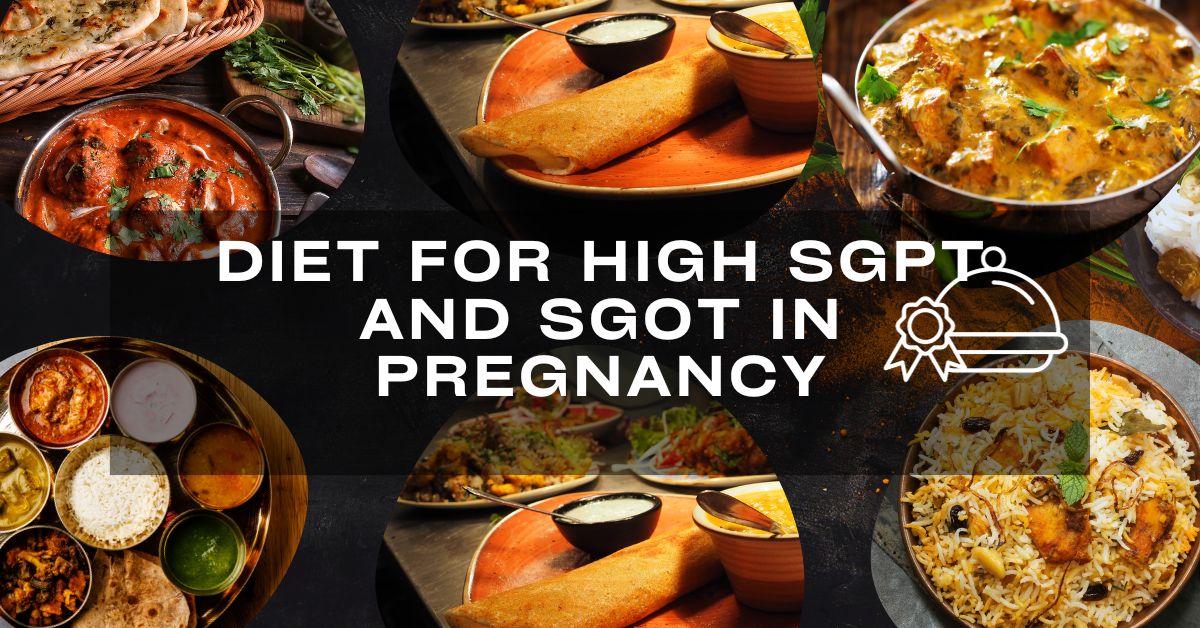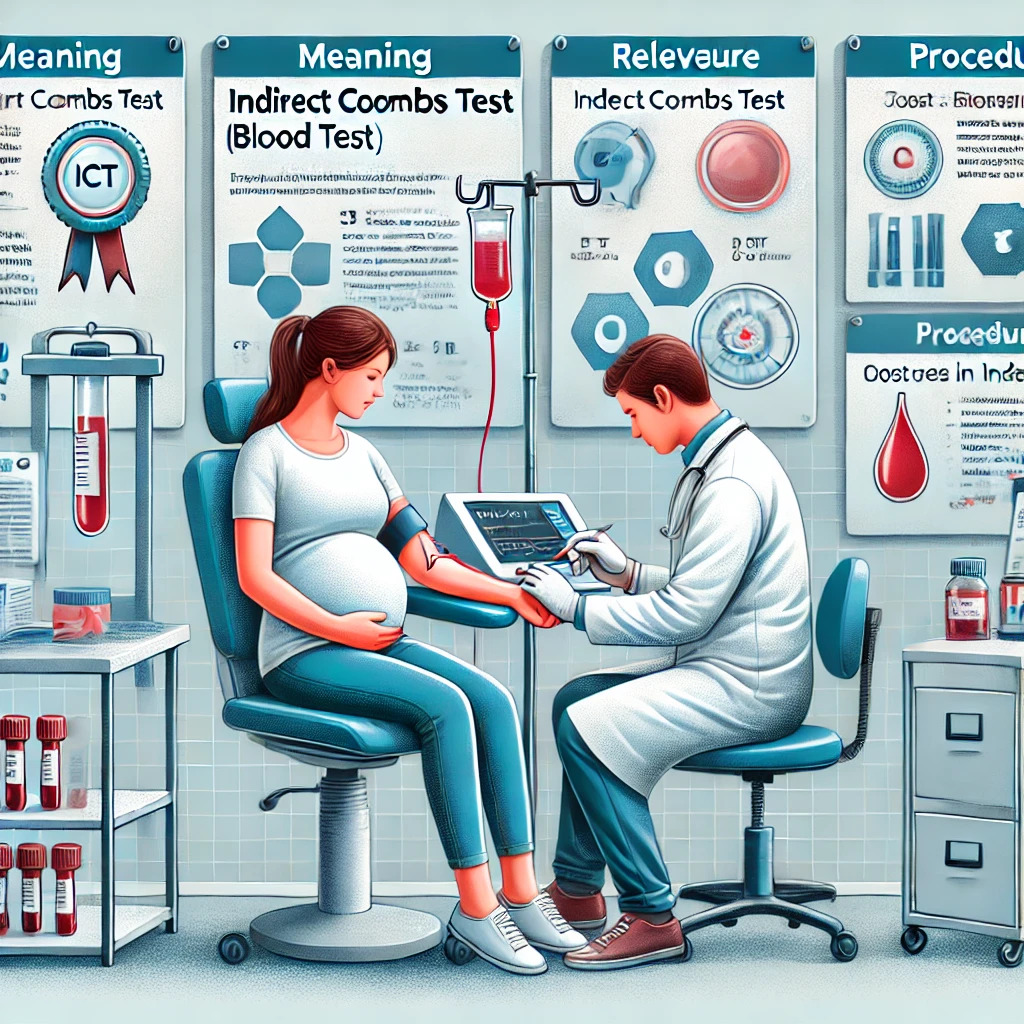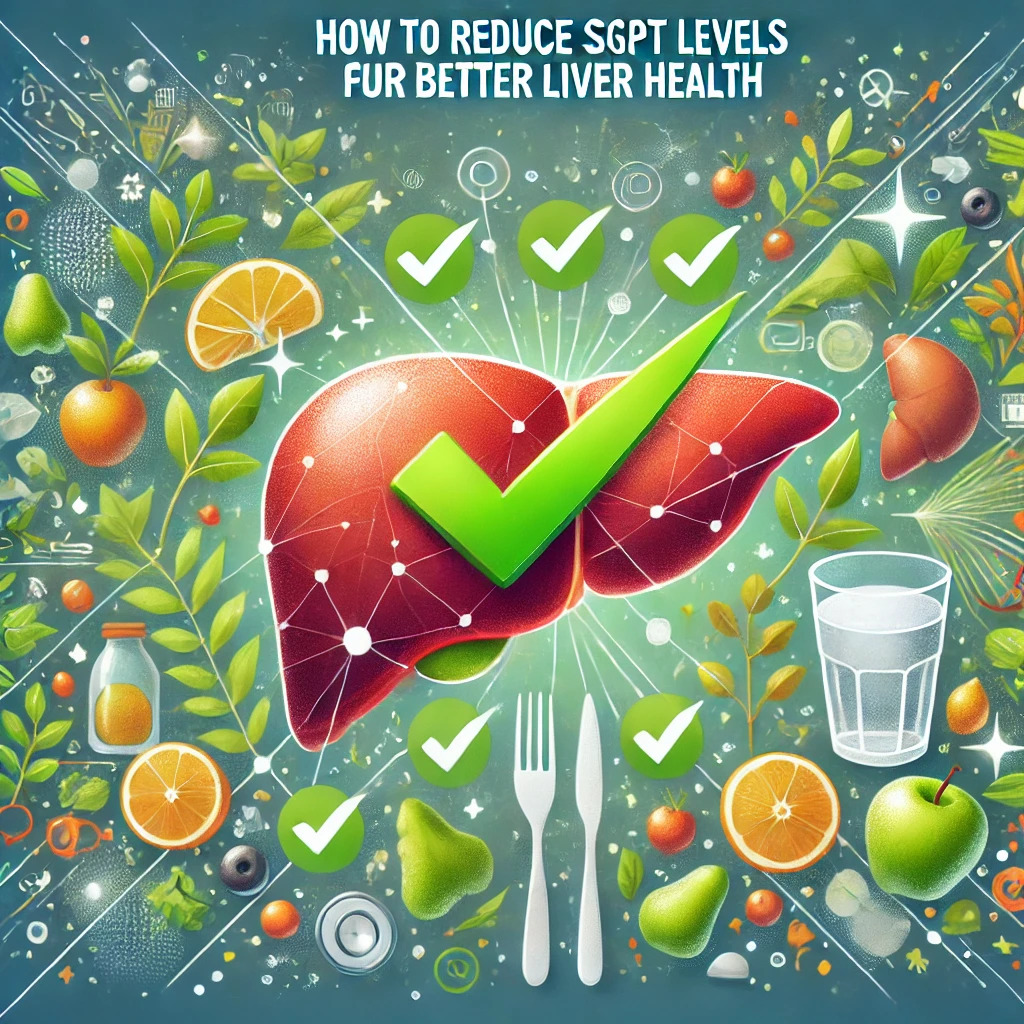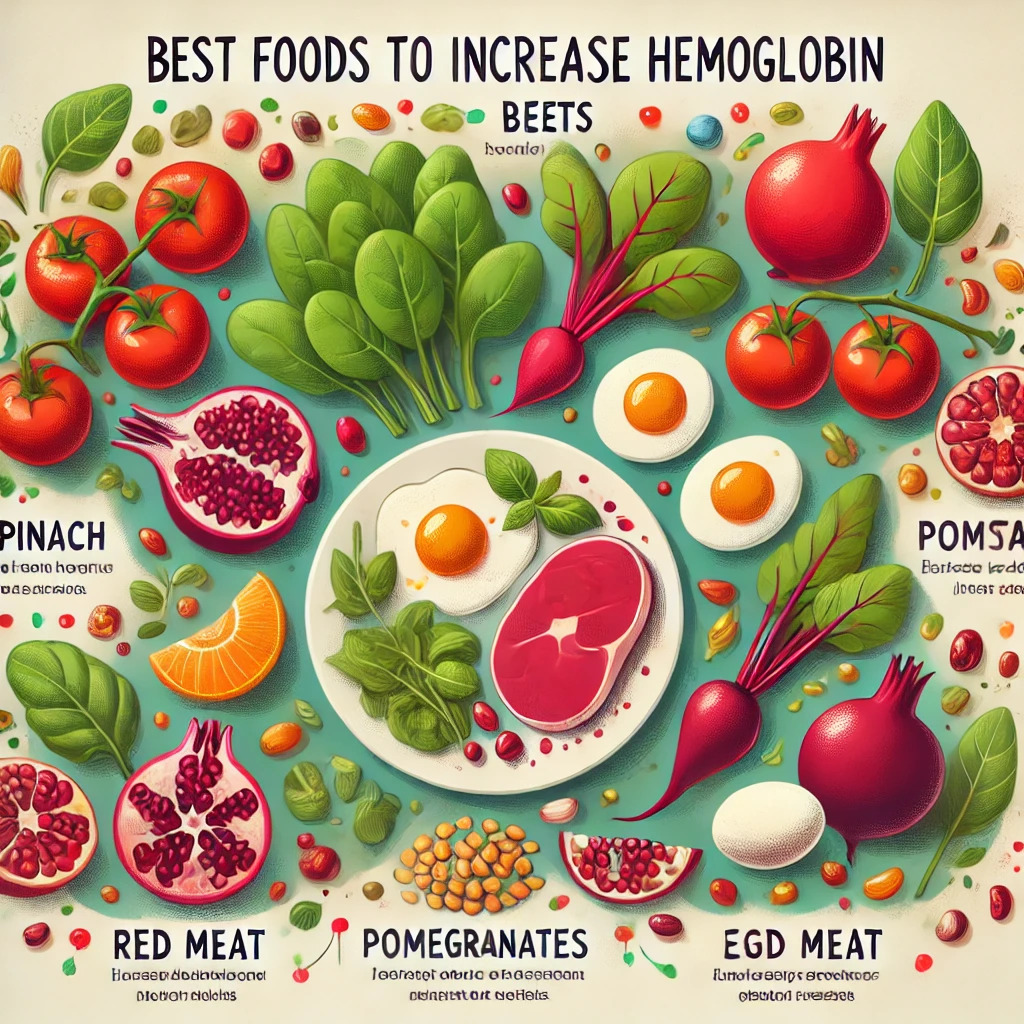Diet For High SGPT and SGOT Levels In Pregnancy

Pregnancy is a life-changing, complex process where many changes happen in the body. It is essential to take care of physical and mental health during this beautiful phase for the long-term health of both the mother and the fetus.
A well-balanced Diet for high SGPT and SGOT levels in pregnancy plays a massive role in physical and mental health. The requirements for many nutrients are increased and even doubled for some. Women need more calories, proteins, healthy fats, calcium, iron, and other nutrients to support a healthy pregnancy and prevent negative long-term health changes for themselves.
Monitoring many health parameters, including SGPT and SGOT, in pregnancy is essential. Hepatic dysfunction (liver dysfunction) can occur in pregnancy either due to pregnancy-related issues or due to preexisting conditions that may be exacerbated due to changes in pregnancy. It is essential to consult a doctor and a dietitian to change your diet to fulfill nutritional requirements during pregnancy or to alter your diet if you have SGOT and SGPT in danger levels. You should not take any supplements or medications on your own.
Understanding SGPT and SGOT levels
Serum glutamic pyruvic transaminase is the full form of SGPT while SGOT expands to serum glutamic oxaloacetic transaminase. Simply put, both are enzymes found in the liver and some other tissues in our body. You will see these mentioned as ALT and AST in liver function tests.
Out of the two, SGPT is primarily found in the liver, and high SGPT levels mean that there is some issue related to the liver. Viral infections can cause problems due to fatty liver, alcohol abuse, certain medications, exposure to toxins, metabolic disorders, dysfunction due to pregnancy-related causes, etc.
SGOT may be high in liver-related problems, heart-related problems, and also in the case of some other organs. But when both SGOT and SGPT are high, doctors suspect liver pathology. Slight increases can be seen transiently in some cases where there may be no damage to the liver.
The average value of SGPT and SGOT in pregnancy
SGOT and SGPT levels in pregnancy should be in the normal range only for a healthy pregnancy. Doctors monitor liver function and other things during pregnancy as the body undergoes many changes to support the fetus.
Symptoms of high SGOT and SGPT during pregnancy
Seeing specific signs and symptoms of raised liver enzymes is unnecessary unless the liver damage is severe. Blood tests can detect changes.
Some signs and symptoms may be:
- Itching
- Nausea
- Pain below the ribs on the right side
- Jaundice
- Clay-colored stool
- Fatigue
- Dark yellow urine
- Loss of appetite
- Symptoms based on underlying causes
Causes of increased SGOT and SGPT in pregnancy
It is essential to understand that these liver enzymes may be raised in pregnancy due to a preexisting condition or due to an infection like hepatitis during pregnancy, which is not directly due to pregnancy. On the other hand, some states may affect the liver due to specific changes in pregnancy itself. In both cases, treating the underlying cause and making diet changes for high SGOT and SGPT levels in pregnancy is essential.
Some causes of high levels of these enzymes in pregnancy are:
- Intrahepatic cholestasis of pregnancy (ICP), where stasis means stopping or slowing down. So, there is a problem with the normal flow of bile. This condition can harm the fetus and must be promptly treated.
- Preeclampsia is a severe condition marked by increased blood pressure, edema, proteinuria, headaches, and damage to organs, including the liver, that can lead to high SGPT levels and high SGOT levels.
- HELLP syndrome is a more severe version of preeclampsia where platelet count may decline along with red blood cell destruction. Liver enzymes can be raised due to liver damage in this condition.
- Gestational diabetes is seen during pregnancy and can have far-reaching implications on mother and child health if not managed. Diabetes can always affect liver function and raise liver enzymes.
- Symptoms of existing fatty liver disease may be exacerbated during pregnancy due to wrong dietary choices, excess weight gain, or other things. This can also be a risk for high SGOT and SGPT during pregnancy. Fatty liver may also develop during the later part of pregnancy. It needs to be managed.
- Other things like hepatitis infection and certain other viral infections can also affect liver function and raise liver enzymes.
It is important to monitor liver function during pregnancy as elevated markers like SGOT and SGPT indicate problems early. Other tests can be used to diagnose the underlying cause promptly and treat it for a healthy fetus and a healthy mother.
Early detection of liver-related problems will enable healthcare providers to provide treatment, make lifestyle and dietary changes, adjust medications, etc., which will prevent complications like preterm labor, fetal distress, long-term liver damage, poor maternal health, stillbirth, etc. This is why regular health checkups and appointments are critical to the health of the mother and the child.
Diet for high SGPT and SGOT levels in pregnancy
Here is the diet for high SGPT and SGOT levels in pregnancy.
You must consult your doctor and dietician for a customized diet plan for your needs and health status during pregnancy.
1. Fruits:
- Berries: These are like little health bombs with vitamins and fiber.
- Citrus fruits: Oranges, lemons, and other citrus fruits are full of vitamin C, which is good for your immune system and skin.
- Bananas: They have potassium, which helps your heart stay healthy.
- Apples and Pears: These fruits are rich in fiber, vitamins, and minerals, which keep your tummy happy and give you energy.
- Kiwi: It has vitamin C, K, and fiber - all good for your body.
- Mangoes and Papaya: These are packed with vitamins A and C, and they have fiber too.
2. Vegetables:
- Leafy greens like spinach and kale, like folate and iron, are essential for your baby's growth.
- Broccoli and Cauliflower give you fiber, vitamin C, and folate.
- Carrots: Eating carrots suits your eyes and immune system because they have beta-carotene, which turns into vitamin A.
- Sweet Potatoes: These have beta-carotene, fiber, and vitamin C.
- Bell Peppers: They give you vitamin C and other good things for your body.
3. Proteins:
- Lean meats: Chicken and turkey are great for protein, iron, and zinc, which help your baby grow.
- Fish: Fish like salmon have omega-3 fatty acids essential for your baby's brain and eye development (ensure they're low in mercury).
- Eggs: Eggs have protein, choline, and different vitamins.
- Legumes: Things like beans and lentils have fiber, protein, and essential nutrients like folate and iron.
- Nuts and Seeds have good fats, protein, and essential minerals.
4. Whole Grains:
- Brown Rice, Quinoa, Oats: These foods have healthy carbs, fiber, and essential nutrients like B vitamins and iron.
5. Healthy Fats:
- Olive Oil: This oil is good for your heart and has antioxidants.
- Avocado: Avocado has healthy fats, folate, and potassium.
6. Dairy and Dairy Alternatives:
- Calcium and Vitamin D: Milk and soy milk have calcium and vitamin D, essential for your baby's bones.
7. Fluids:
- Water: Drink plenty of water to stay hydrated, mainly because you have more blood during pregnancy.
- Herbal Teas: Some teas, like ginger or peppermint, can help with nausea and digestion.
Eating a mix of these foods is essential during pregnancy for your health and your baby's growth. But everyone is different, so it's a good idea to talk to your doctor or a nutrition expert to get the right advice.
Diet Plan for High SGPT and SGOT Levels in Pregnancy
Here is the Diet Plan for High SGPT and SGOT Levels in Pregnancy.
- Healthy Breakfasts:
- Option 1:Start your day with a bowl of oats topped with fresh berries and a little chia seeds.
- Drink a glass of fresh orange juice.
- Option 2:Try Greek yogurt with banana slices and some almonds.
- Have a whole wheat toast with avocado.
- Snack Time:
- Grab a small apple or pear with a bit of peanut butter.
- Lunch:
- Option 1:Have a tasty salad with grilled chicken or tofu, mixed greens, tomatoes, and cucumber.
- Add some quinoa or brown rice on the side.
- Option 2:Enjoy lentil soup with whole wheat crackers.
- Include some steamed broccoli or your favorite veggies.
- Afternoon Snack:
- Please keep it simple with carrot and cucumber sticks dipped in hummus.
- Dinner:
- Option 1:Cook baked fish (like salmon or tilapia) with lemon and herbs.
- Serve it with sweet potato wedges and steamed asparagus or green beans.
- Option 2:Try stir-fried tofu with colorful bell peppers and broccoli.
- Add quinoa or whole wheat noodles.
- Evening Snack:
- Enjoy a small bowl of mixed berries or a piece of low-fat cheese with whole wheat crackers.
- Stay Hydrated:
- Drink at least eight glasses of water a day.
- Consider herbal teas like chamomile or ginger.
Some guidelines for diet during pregnancy:
Here are some guidelines for diet for high SGPT and SGOT levels in pregnancy.
- Avoid trans fats and fried foods as unhealthy fats damage the liver and health.
- Eat a protein-rich diet with options like poultry, fish (avoid fish known to be high in mercury and other heavy metals), tofu, legumes, low-fat dairy, etc.
- Choose less processed foods, whole grains, fruits, and vegetables to get enough fiber for blood sugar regulation and maintaining a healthy weight.
- Eat foods rich in vitamins, minerals, and antioxidants.
- Drink enough water to keep yourself hydrated.
- Get Omega 3 fatty acids from your diet for excellent health.
- Avoid sugars and processed foods.
- Avoid tobacco and alcohol.
- You can ask your dietician if you can have herbal teas like dandelion tea.
- Don't take too much caffeine.
- Eat small, balanced meals throughout the day rather than large ones, as this will regulate blood sugar and help with pregnancy-related issues like indigestion, acidity, nausea, etc.
Conclusion
It's important to note that the same diet for managing SGPT and SGOT levels during pregnancy may not work for every pregnant woman. Each pregnancy is unique, and what suits one woman may not be suitable for another due to individual variations in how the body reacts.
Therefore, consulting a specialist doctor, professional, or lab is mandatory before choosing any diet plan. Seeking guidance from healthcare experts ensures that the dietary recommendations align with your specific health needs during pregnancy.





